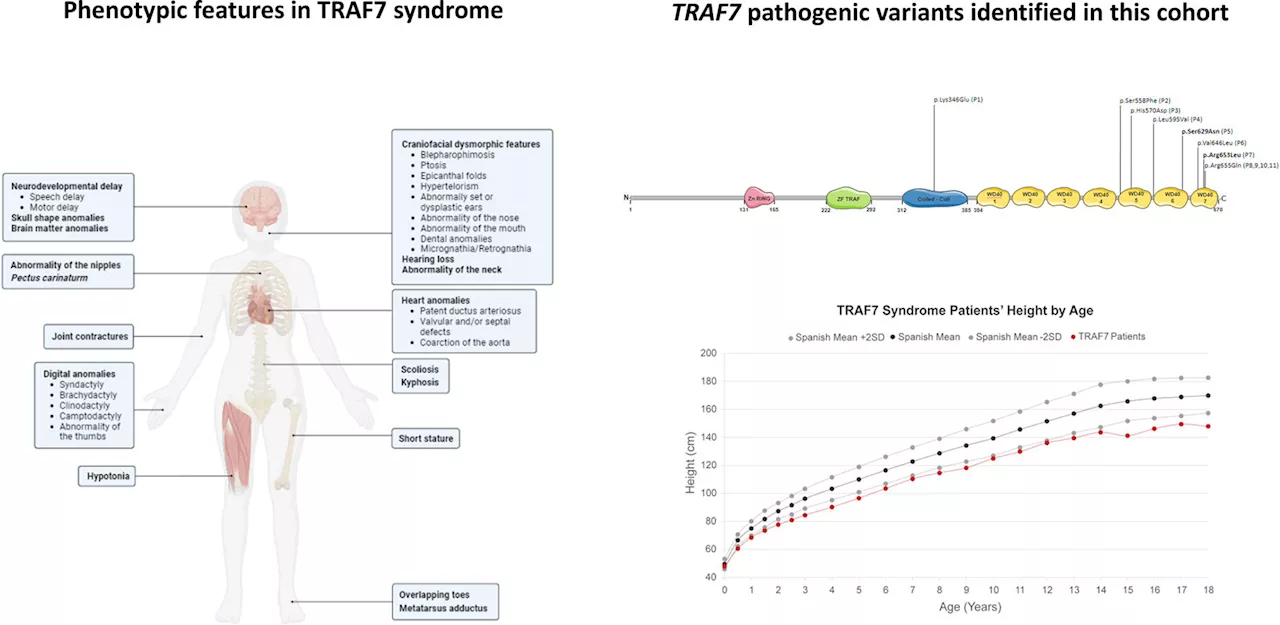Findings suggest people who have two copies of the APOE4 gene are likely to develop the neurological condition.
Scientists say they have identified a new genetic form of Alzheimer’s disease that underscores the urgent need for developing specialised treatment and prevention strategies.
The findings, published in the journal Nature Medicine, are based on clinical data from more than 10,000 people, as well as pathological data from more than 3,000 brain donors. “But now we know that virtually all individuals with this duplicated gene develop Alzheimer’s biology.” Dr Reisa Sperling, professor in neurology at Harvard Medical School, and director of the Centre for Alzheimer Research and Treatment at Brigham and Women’s Hospital in Boston, Massachusetts, in the US, added: “This research really suggests that we should be treating them quite early, at a younger age and at an early stage of pathology because we know they are very likely to progress to impairment quickly.“These individuals are desperate – they have seen it in both of their parents.
And by the age of 65, almost all of them had abnormal levels of a protein known as amyloid in the fluid that surrounds the brain and spinal cord – a key sign of Alzheimer’s disease. “These individuals were more likely to develop dementia and tended to do so at a younger age than those with different APOE combinations.
United Kingdom Latest News, United Kingdom Headlines
Similar News:You can also read news stories similar to this one that we have collected from other news sources.
Scientists say they have identified a new genetic form of Alzheimer’s diseaseFindings suggest people who have two copies of the APOE4 gene are likely to develop the neurological condition.
Read more »
 WHI reports key findings on postmenopausal women’s healthResearchers from the Brigham and colleagues report on the long-term follow-up of the largest study of women’s health in the U.S.
WHI reports key findings on postmenopausal women’s healthResearchers from the Brigham and colleagues report on the long-term follow-up of the largest study of women’s health in the U.S.
Read more »
 Parents are key to tackling kids' picky eating, according to research findingsFive years of UniSC-led research into the pesky problem of picky eating by children suggests that therapists should focus more on empowering parents to ease family angst at the dinner table.
Parents are key to tackling kids' picky eating, according to research findingsFive years of UniSC-led research into the pesky problem of picky eating by children suggests that therapists should focus more on empowering parents to ease family angst at the dinner table.
Read more »
 New findings better elucidate TRAF7 syndrome, a neurological and developmental diseaseTRAF7 syndrome, or CAFDADD syndrome, is a neurological and developmental disease that causes a wide variety of clinical manifestations, such as cardiac, facial and digital abnormalities and developmental delay.
New findings better elucidate TRAF7 syndrome, a neurological and developmental diseaseTRAF7 syndrome, or CAFDADD syndrome, is a neurological and developmental disease that causes a wide variety of clinical manifestations, such as cardiac, facial and digital abnormalities and developmental delay.
Read more »
 WBC president Mauricio Sulaiman confirms Ryan Garcia adverse findings drugs test before win vs Devin HaneyWBC president Mauricio Sulaiman has confirmed Ryan Garcia returned 'adverse findings' in a drugs test before his victory over Devin Haney in April.
WBC president Mauricio Sulaiman confirms Ryan Garcia adverse findings drugs test before win vs Devin HaneyWBC president Mauricio Sulaiman has confirmed Ryan Garcia returned 'adverse findings' in a drugs test before his victory over Devin Haney in April.
Read more »
 New findings activate a better understanding of Rett syndrome's causesRett syndrome is a rare neurodevelopmental disorder for which there is currently no cure or good therapy. It causes severe physical and cognitive symptoms, including many that overlap with autism spectrum disorder.
New findings activate a better understanding of Rett syndrome's causesRett syndrome is a rare neurodevelopmental disorder for which there is currently no cure or good therapy. It causes severe physical and cognitive symptoms, including many that overlap with autism spectrum disorder.
Read more »